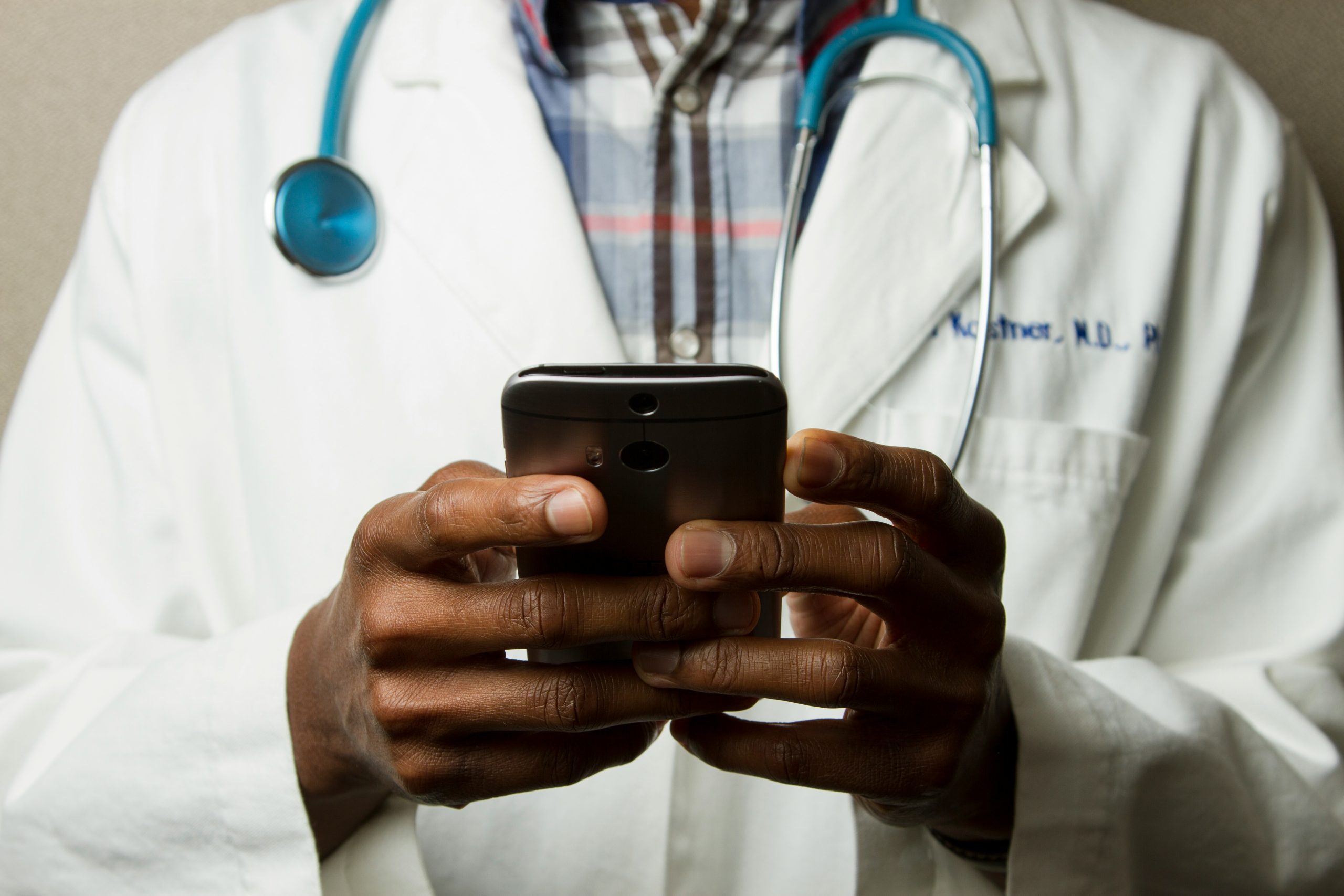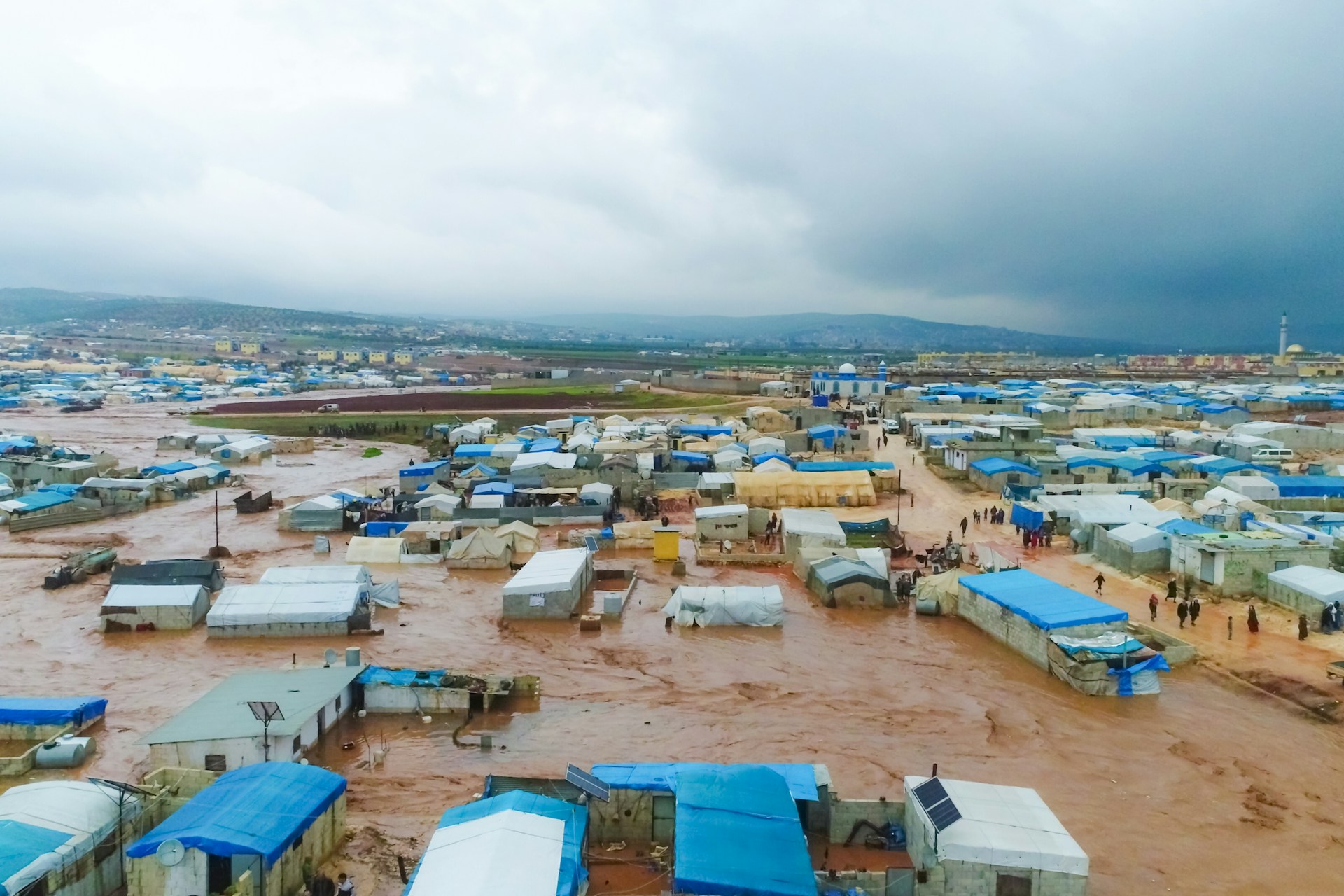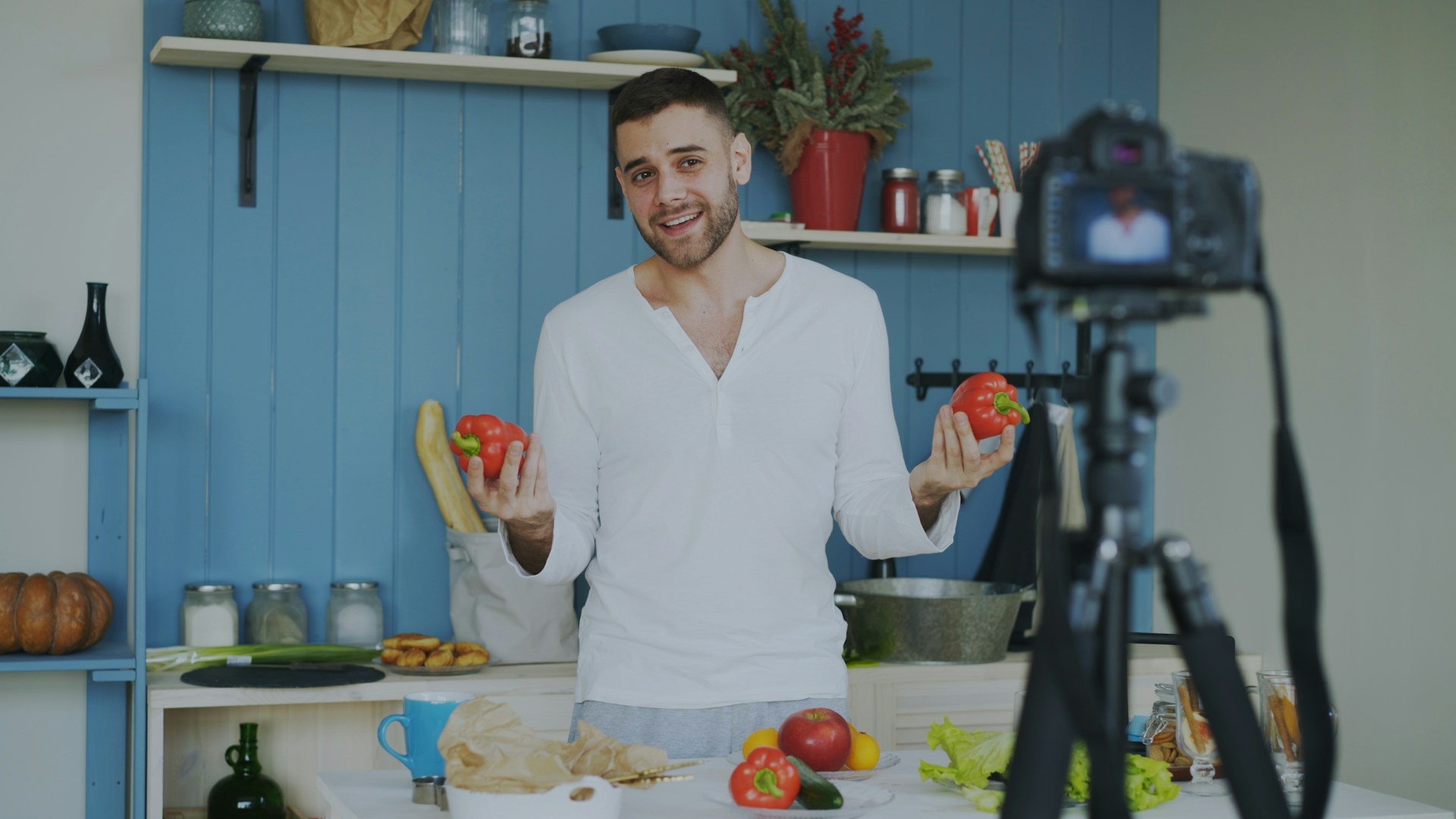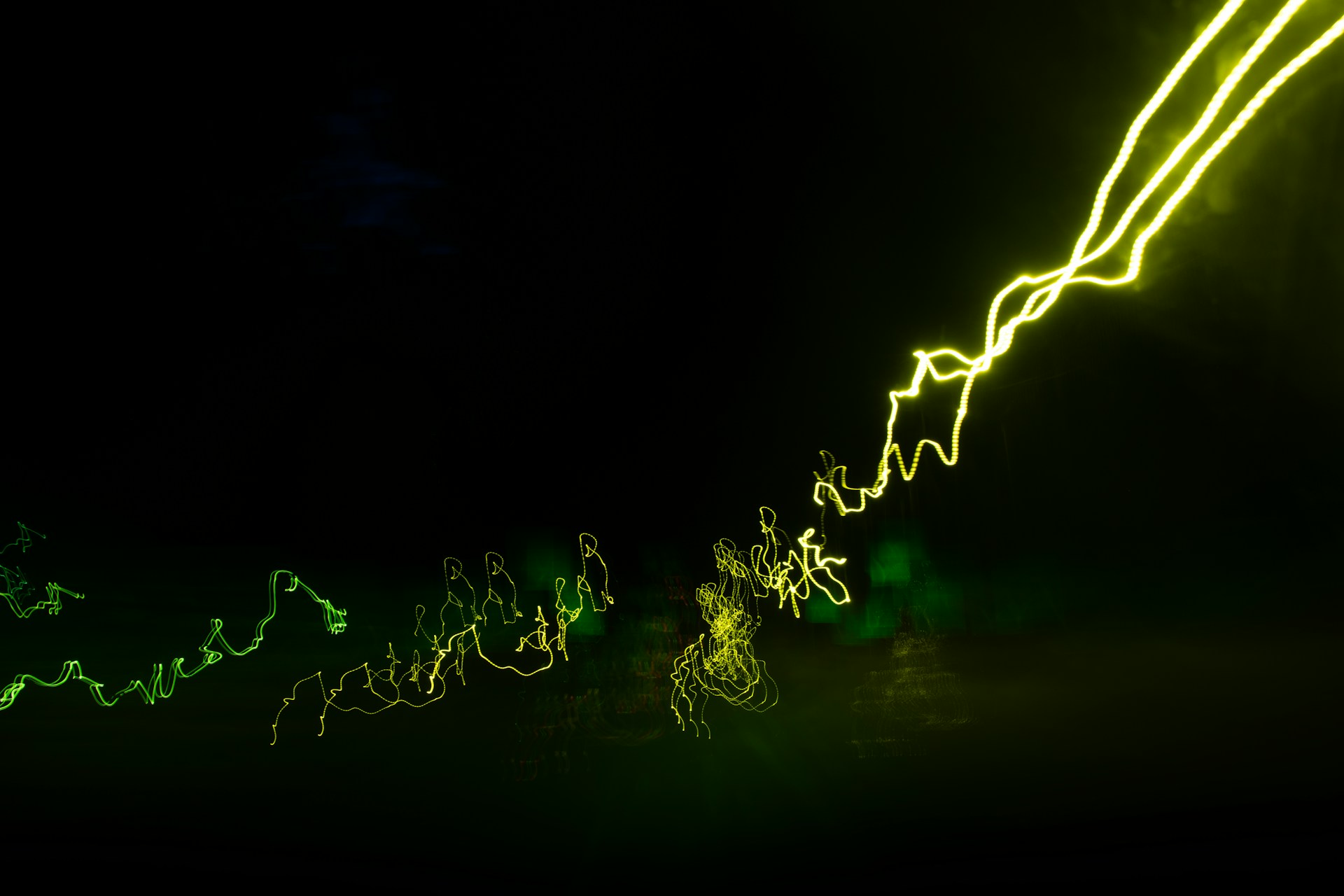A new app has been designed to create a community among cancer patients to help improve treatment and increase support. Photo Credit: National Cancer Institute via Unsplash
After receiving her first breast cancer diagnosis in 2015, and a subsequent one in 2019, Ani Haykuni was lost in a sea of misinformation and uncertainty around the disease and its treatment. Feeling a lack of support from her oncology team, she decided to take matters into her own hands, and founded the Ani Haykuni Cancer Treatment Support Foundation.
By working with many low-income cancer patients, she discovered that most of them also struggled with a lack of information and support. Thus, with help from the Oxford Incubator Programme and other investors like Innovate UK and OxLEP, Haykuni created an app called “Vann”, all while undergoing her second round of intensive chemotherapy. This app aims to unite cancer patients all around the world as well as contributing to wider cancer research. The mobile version was launched last year and is fully in use, although further improvements are continuously being made.
This app aims to unite cancer patients all around the world as well as contributing to wider cancer research.
One goal of “Vann” is to provide a comprehensive guide for both newly diagnosed cancer patients and those already in treatment. It provides information about specific types of cancer, treatment options with their associated side effects, and practical tips on how to manage symptoms. The “Vann” team carries out ongoing analysis of the current medical literature to ensure that all information is up to date.
It provides information about specific types of cancer, treatment options with their associated side effects, and practical tips on how to manage symptoms.
One interface––the “My Space” section––contains bite-sized facts and suggestions. For example that ‘dehydration is a common side effect of cancer treatment’, reminding users to ‘drink enough liquid and always talk to [their] doctor should you need medical advice for your case’. These are updated on a regular basis, particularly following news and developments in the cancer research sphere. This section also features longer articles including ones on minimising risk prior to chemotherapy, explaining why cancers spread and personal accounts from cancer survivors.
…it aims to foster a sense of community amongst users.
What distinguishes the “Vann” app from other informative online platforms is that it aims to foster a sense of community amongst users. The “Make a Smile” interface allows both cancer patients and members of the general public to dedicate activities like going for a walk, writing a poem, or baking either to specific people via their user IDs or to random users together with an uplifting message. When ‘family, friends, and the public organised events… dedicated… to [Haykuni]’ while she was undergoing active treatment she felt ‘appreciated and loved’, an experience she wanted to recreate for others living with cancer.
Having been a forestry engineer and worked for organisations like the World Wildlife Fund, nature is a personal passion of Haykuni’s and a core theme of the app. Throughout her cancer journey, and still now, Haykuni considers “being in nature [her] first option to recharge”. She hopes to share the therapeutic benefits of spending time outdoors via the “Sea of Tranquillity” feature. Here, users can find calming images and artwork spreading “positive vibes” such as the current images of birds by the Armenian artist Ani Hovak. The theme regularly changes, and the team are in talks with several other artists to develop this feature further.
Besides supporting cancer patients directly, Haykuni intends for the app to contribute to the wider field of cancer research. Though not yet a functional feature, patients will be able to find clinical studies to enrol in based on their diagnosis and location. Users of “Vann” are also encouraged to participate in anonymised in-app surveys covering issues which have been raised by other cancer patients, such as how cancer treatments affect bone health. Participants immediately receive data insights, allowing them to compare their own experience to that of other respondents. According to Haykuni, the surveys are ‘patient-centric’ aiming to bridge the gap between the cancer patient community and researchers by ‘[communicating] the needs of patients and issues that they face during and after treatment’. Completing the questionnaires automatically updates the dashboard, where users can attain different levels such as “Kind Heart”, “Donor of Smile”, and “Motivator”. Sending “smiles” also allows users to upgrade their level as a way of encouraging patient interaction.
Though not yet a functional feature, patients will be able to find clinical studies to enrol in based on their diagnosis and location.
Haykuni shows us that while cancer may often be lonely, it does not have to be. Having a supportive community is half of the battle, and “Vann” is here to create one. The creator believes that ‘the story behind “Vann” and its relationship with users’ is ‘a powerful element which has resonated with many people so far’; something which cannot be replicated by other products on the market. Its holistic approach is unique, and the team intends to make “Vann” ‘the number one tool for everyone affected by cancer and an important player in cancer research’—an ambitious but hopefully not unachievable goal.
Having a supportive community is half of the battle, and “Vann” is here to create one.
Haykuni urges those convinced by her cause to download and spread the word about the app. She is keen to connect and collaborate with individuals or student societies at Oxford University. Further information can be found on the company website or LinkedIn.





